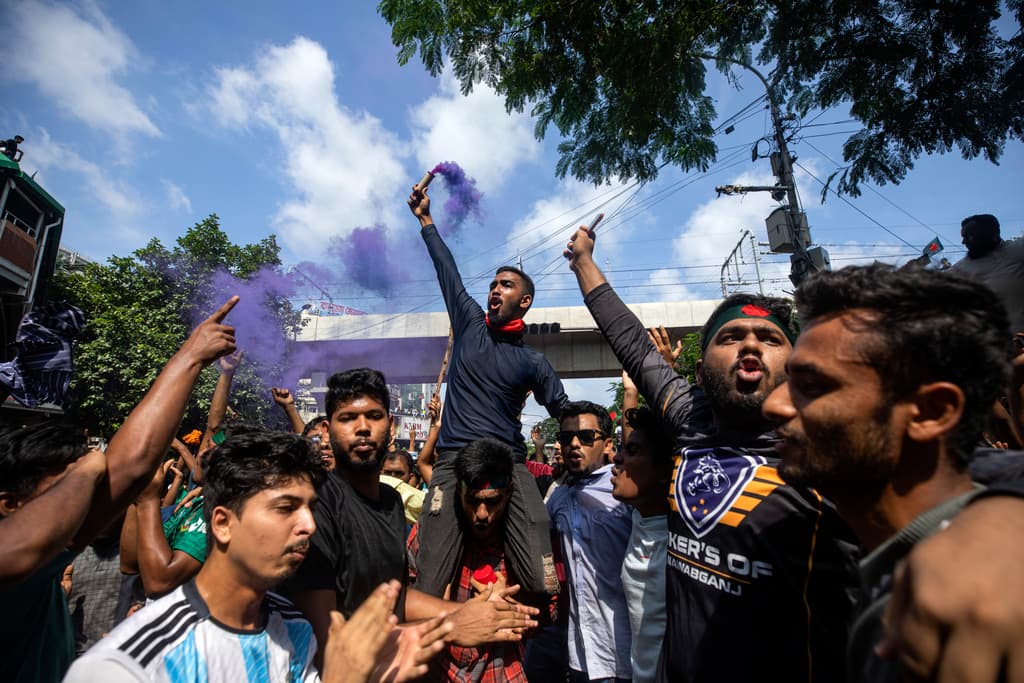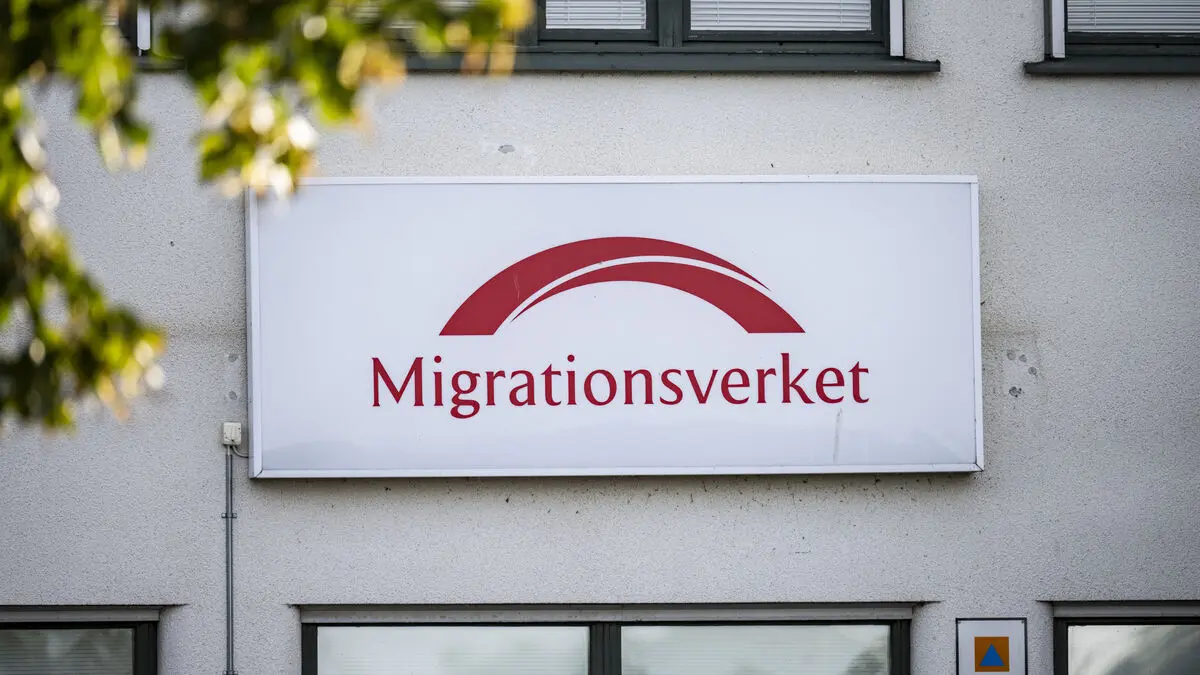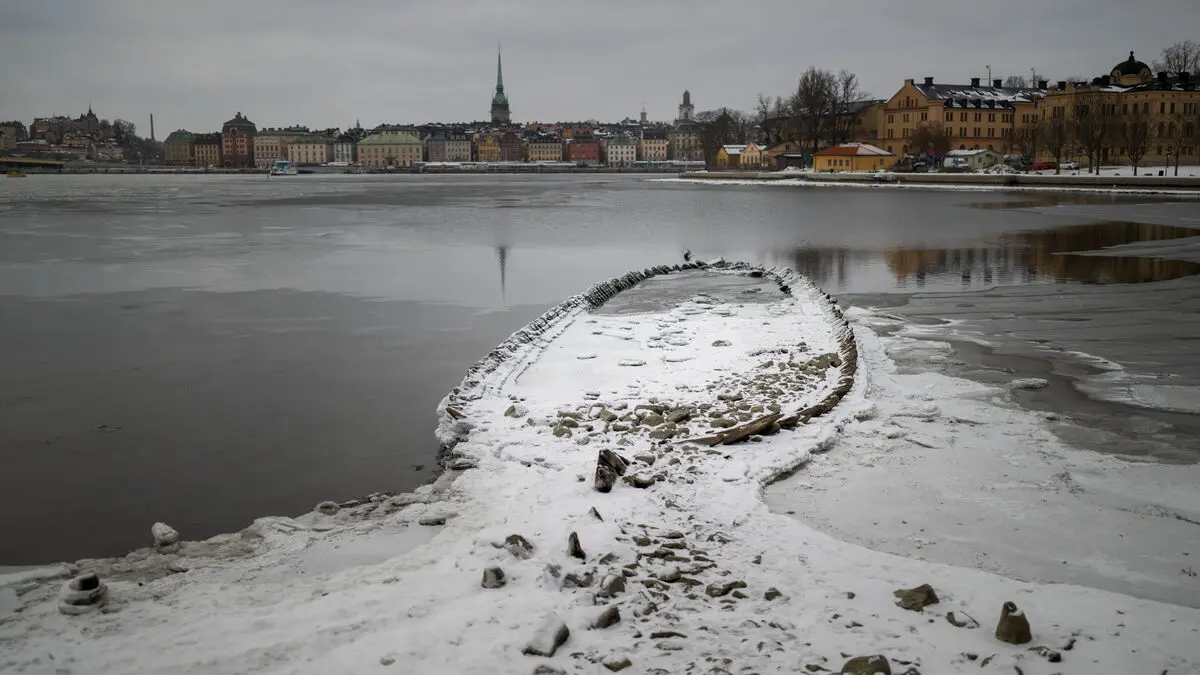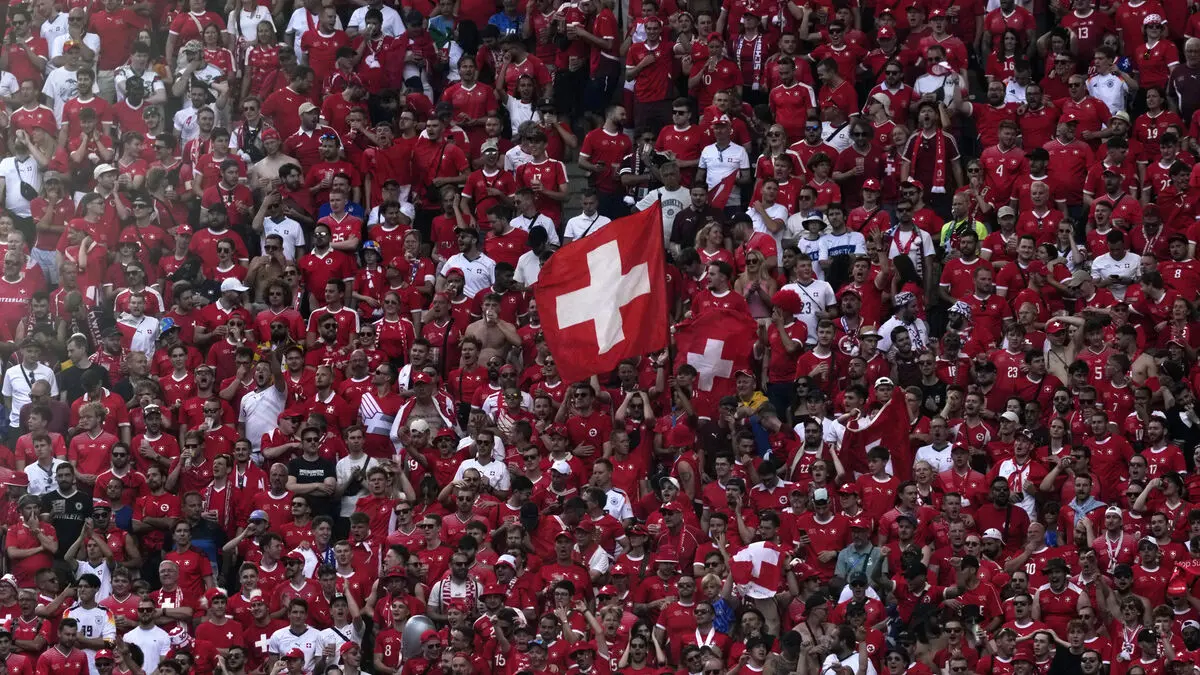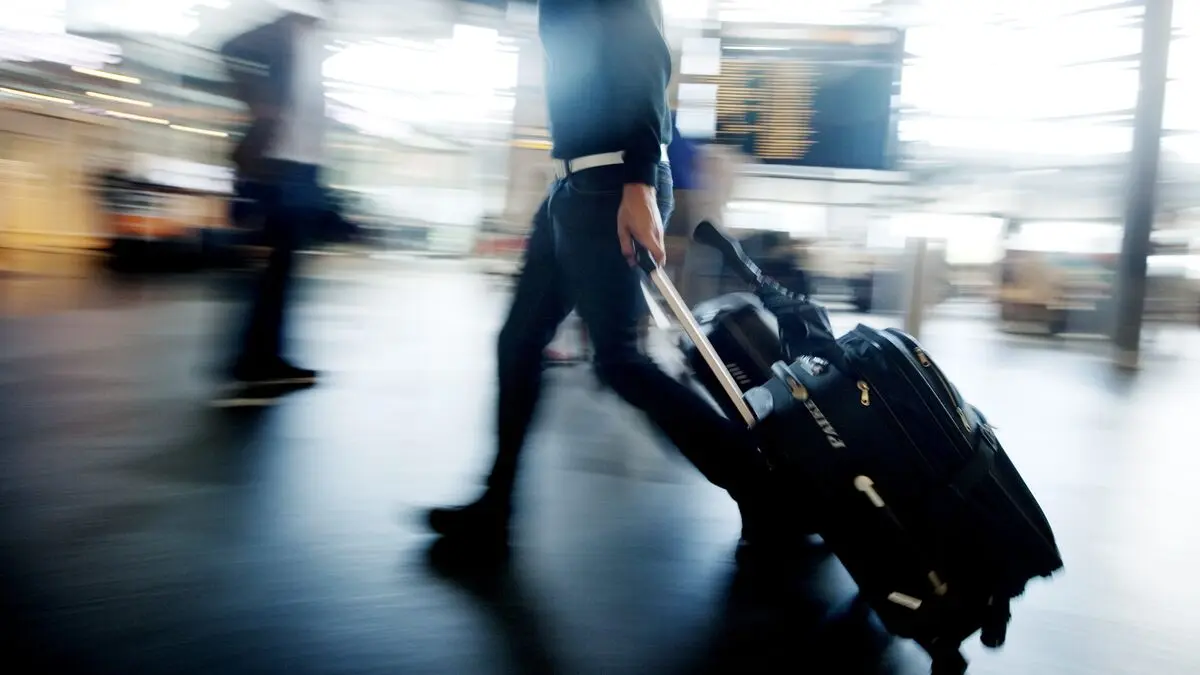Thousands of demonstrators stormed Sheikh Hasina's residence in the capital Dhaka on Monday.
The Prime Minister fled the country, and according to BBC, she left Dhaka in a helicopter and landed in Indian Delhi.
Her security staff asked her to leave, she didn't have time to pack, says a source to AFP.
It is still unclear whether Hasina will stay in India, but sources in the country claim that she is on her way to London.
Releasing imprisoned demonstrators
The country's army chief Waker-Uz-Zaman confirmed Hasina's resignation and said in a TV broadcast that he wants to form a "transitional government".
I give you my word that all injustices will be rectified. The country's economy has been severely affected and many people have died. It's time to put an end to the violence, he says.
Late on Monday, the country's president Mohammed Shahabuddin also announced – after a meeting with the army chief and opposition politicians – that parliament will be dissolved and a national government will be formed as soon as possible, which means a new election.
The President also orders that demonstrators who participated in the protests be released, including the former Prime Minister and opposition leader Khaleda Zia, who was imprisoned by her arch-rival Hasina in 2018.
Over 60 dead on Monday
The military reports that they have closed the international airport in Dhaka, without giving any explanation. However, from the demonstrators' side, there are widespread demands to ensure that Hasina's close allies are kept in the country.
The protests in Bangladesh have been going on for several weeks and at least 360 people have died and hundreds have been injured in the unrest.
Just on Sunday, almost 100 people died, including at least 14 police officers. Over 60 people are reported to have died on Monday when gangs carried out revenge attacks on Hasina's allies, according to local authorities.
Ruled the country for 15 years
The protests have primarily been directed against the country's system of quotas for government jobs, which favors groups allied with Hasina. The protests are also seen as being about corruption and lack of democracy.
The authorities have tried to quell the unrest by, among other things, imposing curfews.
During Hasina's 15 years in power, Bangladesh's economy has experienced an upswing, but the country has also taken a more authoritarian direction.
Bangladesh gained independence from Pakistan in 1971, after a bloody liberation war. The country is one of the most densely populated in the world with 163 million inhabitants.
The original constitution from 1972 guarantees human rights and freedoms, including religious freedom. It stated that the country is based on four pillars: nationalism, secularism, democracy, and socialism. Both democracy and the secular state were undermined in the 1970s. General elections were reintroduced in 1991, and according to a five-year-old constitutional amendment, the four principles still apply.
The outgoing government has restricted the opposition's and regime-critical media's opportunities to operate, mainly through harassment and by exploiting the legal system.
Threats and violence against political opponents are common, especially during elections.

